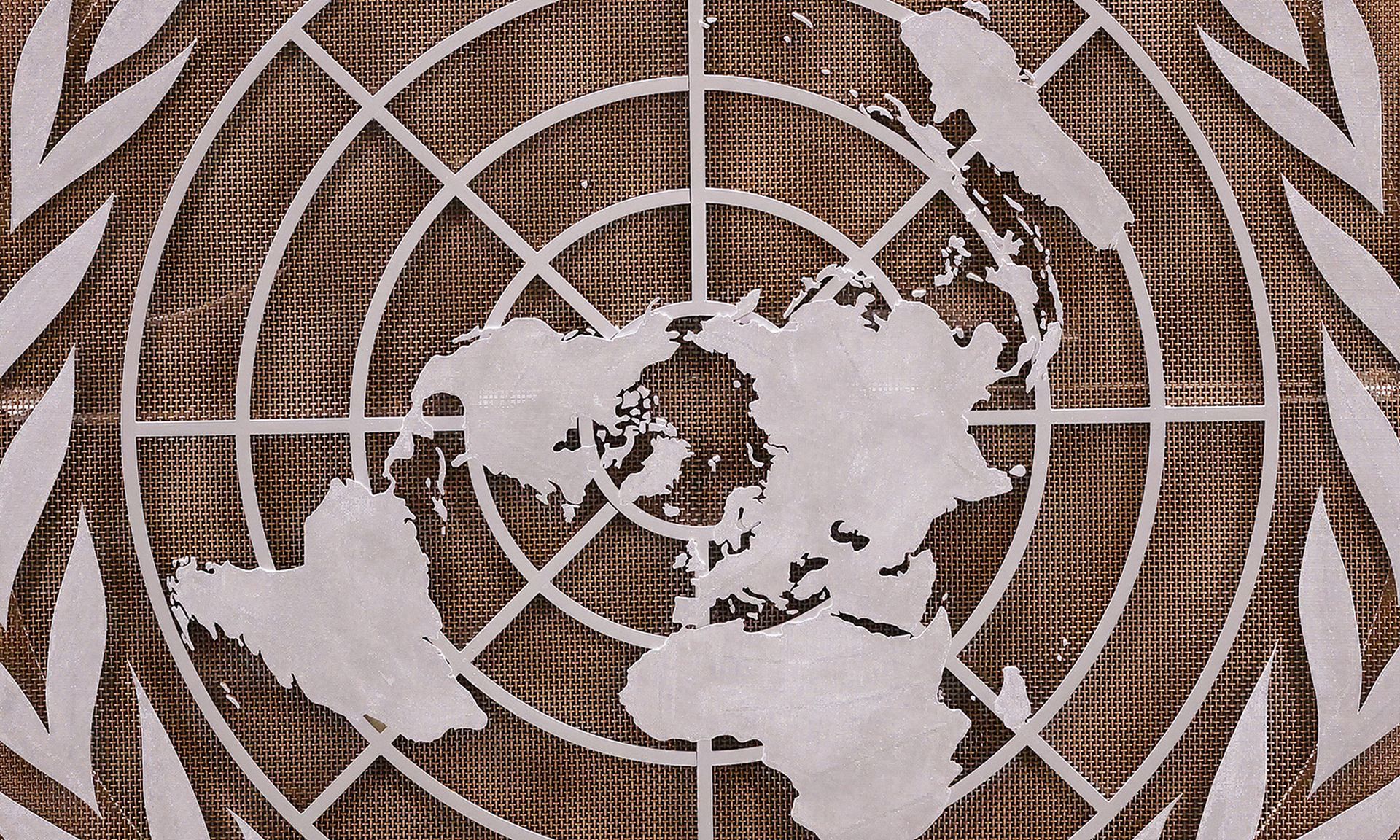Ahead of negotiations for its finalization next week, the United Nations cybercrime treaty draft has been chastised by human rights and privacy activists for excessive surveillance that would curtail not only journalists and human rights advocates but also women and members of the LGBTQ+ community, according to The Record, a news site by cybersecurity firm Recorded Future.
Such a draft, which expands cybercrime definitions to include crimes involving international communications technology, would prompt revisions of criminal laws to include more police powers without much consideration for human rights protections for dissidents, said Human Rights Watch Executive Director Tirana Hassan. Similar sentiments have been shared by Electronic Frontier Foundation Policy Director for Global Policy Katitza Rodriguez, who said that the draft would only encourage real-time data interception and monitoring among private firms without the consent of citizens. The draft "takes us back when it comes to protecting our right to privacy in the digital age, to an era before Snowden, before the recognition of how privacy is a fundamental human right when it comes to digital issues," Rodriguez added.




